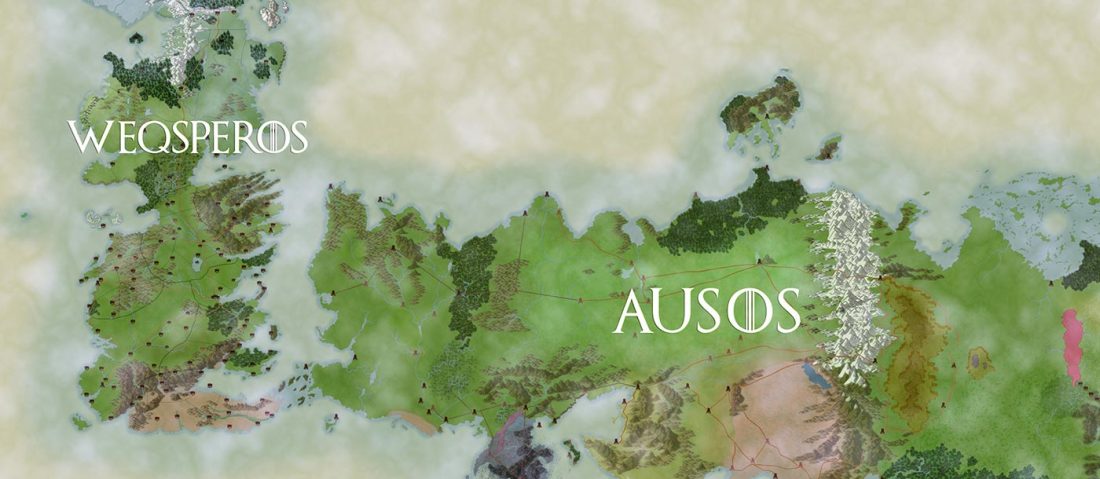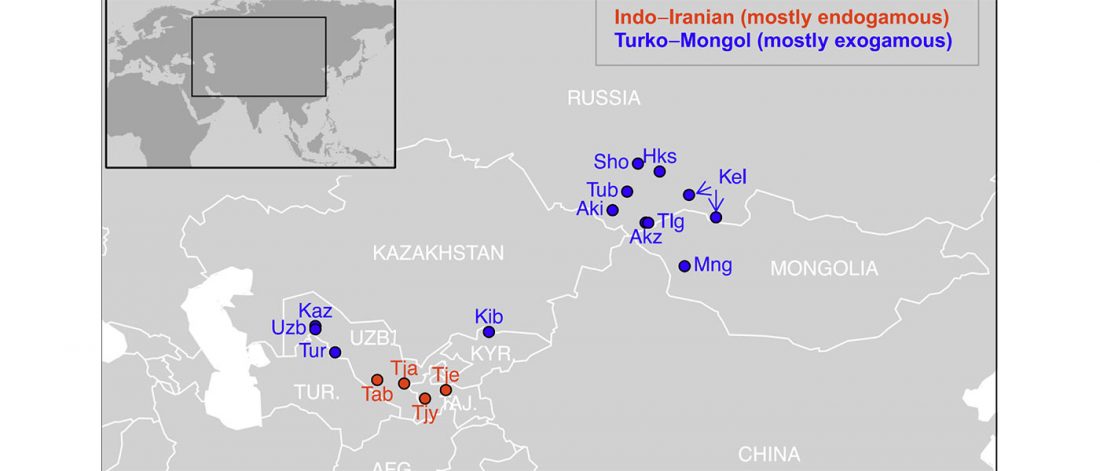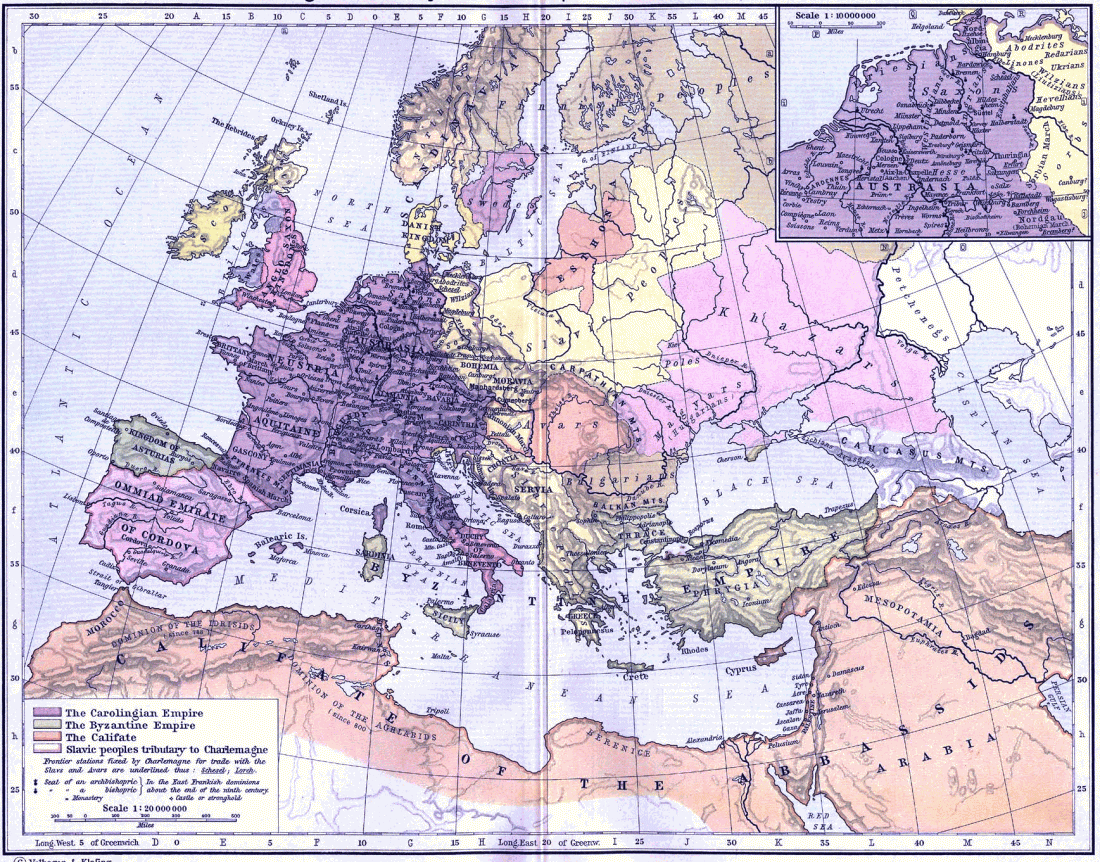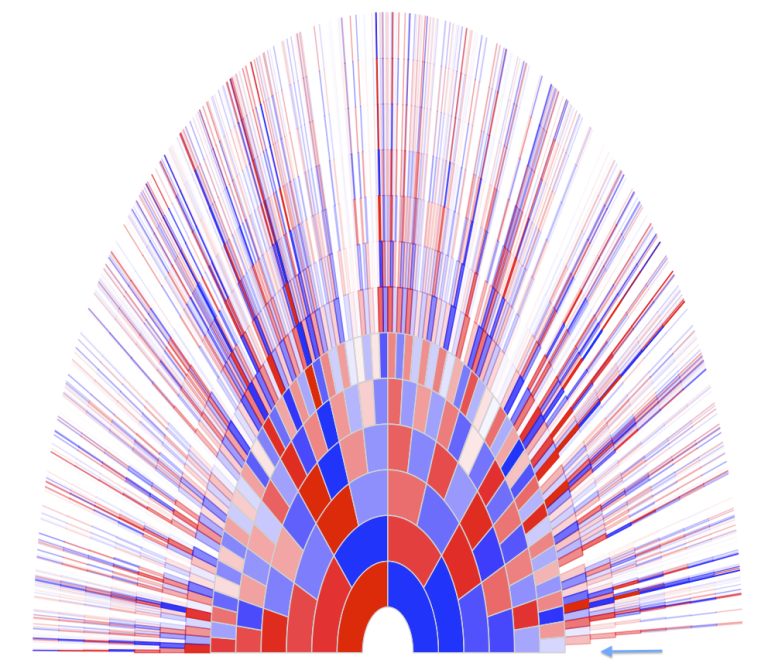A Game of Thrones in Indo-European: proto-languages in Westeros and Essos, and population genomics
I think proto-languages can be applied to basically any appropriate prehistoric setting, and especially to science fiction and fantasy settings. I often viewed the lack of interest for them as based on the idea that they are not fantastic enough, that they would render a fantastic world too realistic to allow for an adequate immersion of the reader (or viewer) into a new world.
With time, I have become more and more convinced that most authors don’t use proto-languages (or tweaked versions of them) simply because they can’t, and resort to the easier way: inventing some rules … Read the rest “A Game of Thrones in Indo-European: proto-languages in Westeros and Essos, and population genomics”




